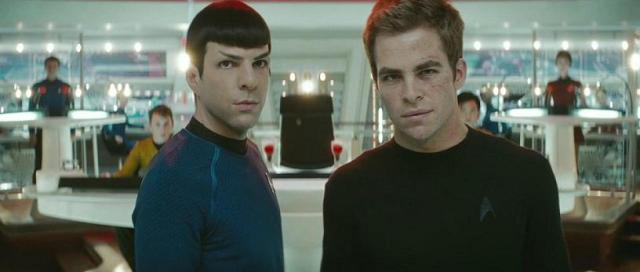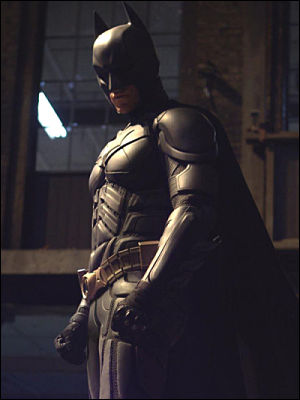Did you ever watch a movie that you liked, but you’re not entirely sure why? It’s not really a bad movie, but it’s not good enough to rise above the mediocrity, and yet for some reason you can’t stop thinking about it. The one I’m speaking of in particular is a sci-fi flick called Sunshine. 
I know what I did like about it. The sun is dying, and the movie takes place aboard the the Icarus II, a spaceship carrying a huge bomb that the crew plans on sending into the star to reignite it. I don’t know much about astronomy, so okay–I’ll go with that. No problemo. The deal is, they swing around Mercury and realize that the first ship sent out, the Icarus I, is hovering near the sun sending out a distress signal with their bomb still intact. Now, they’d been sent out seven years prior, and everyone on the Icaraus II pretty much agrees that there’s not much of a chance that any of the crew could have survived given the lack of oxygen and food and all. You know, little things like that. A few want to go check it out anyway. They’re current trajectory will take them close enough to the first Icarus that, with a bit of tweaking, they can pass right by. The question: do they want to take the chance?
Now, this is the part I like. The crew recognizes that the fate of the entire world rests on them and this second-chance bomb strapped to their backs. For once, characters in a movie are taking this seriously. There’s no joking around. There’s no lighthearted comments or long drawn-out sob stories about how the people aboard the Icarus I might still be alive and wouldn’t it be giving up their humanity if they didn’t just check? I always hated that argument in movies. Given most circumstances, I’m all for stopping to help others, but I always felt that it detracts from the power of the story when people do that while millions and millions of other people depend on them.
And the Icarus II isn’t a ship out of Star Trek. There’s no quick turns or little stop-overs. The decision to check on the Icarus I could mean death for the crew of the Icarus II in more ways than one, which means death for everyone back on Earth. Of course, for the purposes of the story, they do need to check on the Icarus I, so how does the writer get them there without relying on the tired “But their lives are just as important as the millions upon millions back home”?
Simple. Logic. One of the scientists aboard reminds them all that there’s another bomb strapped to the back of the first Icarus. It’s a second chance in case something’s wrong with the one they have.
Now, I still have issues with this argument. The first being how the heck they’d planned on carting along the second bomb? These aren’t missiles, folks. These bombs are bigger than the freakin’ ship. And that’s if it’s even still operable.
But I could appreciate this argument much more than almost any other, so I was content.
The second part of the story that I really liked is when things started to go wrong. (As things are wont to do in such movies.) The first major error is caused by someone forgetting to take one of the thousands of variables into account. That’s it. He’s so worried about the change he’s required to make in the trajectory, so preoccupied with making sure everything’s right, that they’re heading in the right direction while still being able to complete their mission, that he forgets a detail that jeopardizes them all. How human is that? It’s the first time I really connected with any of the characters because it’s just so simple and honest. These are people under a ton of stress, and one of them f-ed up.
The visuals are stunning. Definite props for that, and the actors are all ones I recognize, though I couldn’t tell you any of their names if my life depended on it. I only know that they’re character actors, though I don’t know why they’re just character actors considering the majority of them have more talent than a lot of the starlets out there now.
Then we get into the “Um, wait. What the hell just happened?” that tips the scale toward the eye rolls and sighs of “Oh, come on!”. I don’t want to give away any major spoilers in case someone strolling along decides s/he wants to watch it, but suffice it to say the plot takes a turn for the pretty ridiculous toward the end. It’s metaphoric, but really–come on.
And despite those beautiful visuals, some of the camera work drives me crazy. The movie uses those little picture-flash effects that interrupt the flow of the story, though not often enough to give me the characteristic motion sickness.
Still, I have to wonder. I liked the movie. Quite a bit. But I’m not completely sure why.

 unger neighbor and emotional abuse of his younger brother.
unger neighbor and emotional abuse of his younger brother.
